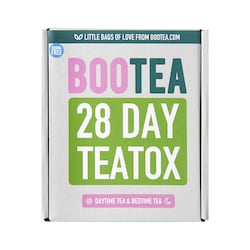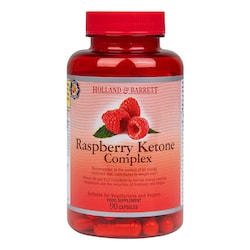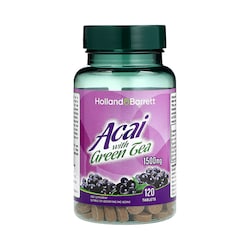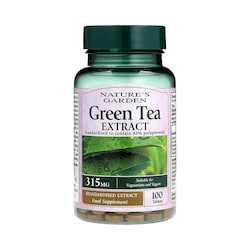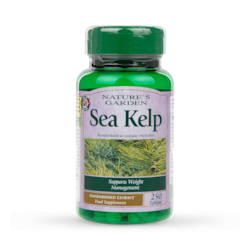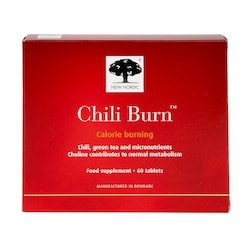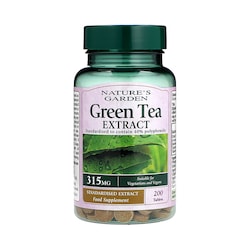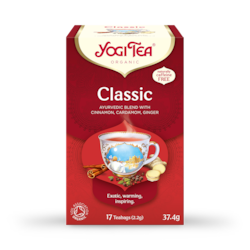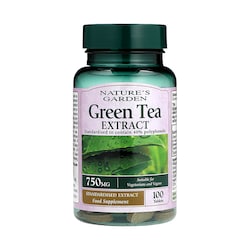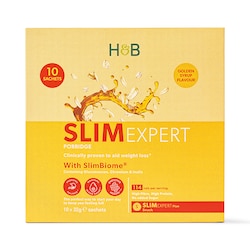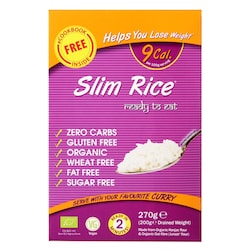15% off €35 OR 20% off €45
What are liquid diets? Benefits & more
.png)
Whether a doctor has suggested you go on one ahead of a procedure or you’re just thinking of trying it yourself, people go on liquid diets for a variety of reasons.
Interested in finding out more? Discover everything you need to know about going on a liquid diet below.
In this article, you’ll learn about
- What liquid diets are
- Liquid diet foods
- If a liquid diet is healthy
- Benefits of a liquid diet
- Potential side effects of a liquid diet
- How to do a liquid diet safely
- If you can lose weight on a liquid diet
- How the liquid diet compares to other diets
- If liquid diets are suitable for everyone
Liquid diets explained
The clues in the name with this one, liquid diets are essentially a temporary lifestyle change where you can’t have any solid foods, only liquids.
This means that the vast majority of the calories you consume will come from drinks, so it’s important to make sure you still get all the right nutrients.
There are a couple of variations to be aware of too. For example, if a doctor has asked you to go on this diet before a medical procedure, it’s likely that they’re referring to a clear liquid diet.
This is where you can only consume, water, broths and pure gelatin – so these are not recommended for the long term.
The other kind is a liquid diet for weight loss. This is where you mainly consume liquids from fruits, vegetables or shakes for two or three of your main meals in a day.
It also usually means that the number of calories you consume will drop, so again this isn’t recommended for the long run.
Benefits of a liquid diet
Wondering what the benefits of a liquid diet are?
They’re mostly best for people who have specific medical issues that mean they can’t eat solid foods, but there is some evidence to suggest that they could help you to lose weight in the short term – but more on that below!
-
It’s easy on your digestive system
One of the key benefits of liquid diets is that they’re easy on your digestive system.
If you’ve got a slow system, consuming all liquids may help to prevent against further issues, like a bowel obstruction from a blockage in your intestines.
It also allows an inflamed bowel to rest and reduce the amount of bowel movements in a day.2
-
Helps if you have problems with choking
A full liquid diet is sometimes necessary for people who are at risk of choking when eating.
This is because it helps to eliminate the risk of choking completely – but this is mainly recommended for people who suffer with this severely.3
-
Gentle for dental issues
Whether you have toothache or you’ve just had some dental work done, a liquid diet may help you on the road to recovery.
This is because it gets rid of chunks of food that when chewed can leave particles in your mouth – potentially reducing the risk of complications.
Depending on the severity of your dental work, you may be on a liquid diet of a minimum of two days before slowly introducing foods that require a small amount of chewing.4
-
It may help you with weight loss
You’ve probably heard of meal replacement diets for weight loss, and some liquid diets kind of fit in with these.
Studies have found liquid meal replacement diets (combined with a low-calorie intake) to be effective for weight loss, with female participants losing just under 20kg and men losing 26kg after a year.5
However, it is important to point out that the participants of these studies were under medical supervision the whole time.
Side effects of a liquid diet
So, we’ve gone through the benefits of a liquid diet, but what about the side effects they can cause?
One of the main side effects that you may experience is constipation, which is likely due to a lack of fibre.6
What’s more if you mainly drink juices and you’re not getting all the right ingredients in your drinks, you may be at a higher risk of developing nutritional deficiencies.7
And finally, since liquid diets can be very low in calories, this may cause a higher risk of medical issues like gallstones.8
Our nutrition expert Amrit Kaur Khaneja also highlights that:
“low calorie diets aren’t always balanced in the macronutrients and micronutrients needed to get you through your day” and that it can “lead to tiredness, fatigue, digestive upset, headaches and irritability.”
How to do a liquid diet safely
Done wrong, the liquid diet may leave you lacking in a few essential nutrients – which is why it’s so important to understand how to do it safely.
A good place to start would be to plan your drinks in advance, so you can fit in all the right ingredients.
And you may want to get reacquainted with your freezer, so you know you’re always stocked up with a healthy drink.
If possible, try to include a source of protein, a source of fibre, a healthy source of fat and a source of vitamins and minerals in every drink to make it more nutritionally rounded.
When on the liquid diet, it is key to listen to your body. If you still feel hungry, it’s okay to have a bit more of what you’ve already made – you don’t have to restrict yourself too much.
You’ll also need to watch out for sugar.
While it can be tempting to reach for pre-made smoothies or fruit juices, they often contain a lot of added sugars so it’s best to limit these where possible!
Our nutrition expert Amrit Kaur Khaneja also weighs in with some key facts to keep in mind:
“The recommended number of calories for the average male is 2,500 calories per day to maintain weight and 2,000 calories for a woman.
Liquid diets can typically advise anything between 800-1,500 calories per day, a reduction of 500 calories per day is considered safe and sustainable weight loss.
Generally, all liquid diets are not recommended more than 3 days.
Try to choose days where you are not so active to help prevent tiredness and fatigue you may feel from the reduction in energy levels.”
Can you lose weight on a liquid diet?
Since liquid diets are generally pretty low in calories, you can lose weight on this diet.
However, some research suggests that it isn’t necessarily the best thing for keeping the weight off.
Because liquid diets aren’t the most sustainable in the long run, when you go back to your normal diet with solid foods, there’s a good chance that you could put the weight back on again.9
The final say
While liquid diets have their benefits, they’re not to be entered into lightly.
They require a lot of research to ensure you’re getting enough nutrients and a lot of forward planning. But if you are interested in trying it out, be sure to speak to your doctor beforehand.
You also asked...
Liquid diets are healthy in the short term, especially for helping with weight loss and digestive issues.
However, they’re not healthy in the long term, as they’re usually a very low calorie diet and it may be harder to get all the nutrients your body needs to function properly.
Although liquid diets are quick and easy, they can actually help promote the extra weight loss rapidly. However, this is what makes it unsustainable long term.
Typically, most diets have an element of restricting calories which is successful in achieving weight loss however, this may not be successful long term, especially if food varieties are limited leading to the individual reverting back to the ‘old ways’ and habits of eating.
The liquid diet might be appealing to those living extremely busy lives where meal preparation time is limited, whereas most other diets require time and effort to plan meals.
Our nutritionist expert Amrit Kaur Khaneja explains who shouldn’t try the liquid diet:
“Liquid diets can be harmful for those on certain medications and with existing health conditions.
It’s always best to discuss with your doctor if you have any health conditions.
It is also not recommended to try a liquid diet if you are an active individual as energy levels are low on liquid diets and can lead to complications such as headaches, fatigue lethargy and fainting.”
The advice in this article is for information only and should not replace medical care. Please check with your GP or healthcare professional before trying any supplements, treatments or remedies. Food supplements must not be used as a substitute for a varied and balanced diet and a healthy lifestyle.
Last updated: 29 November 2021
- https://www.uhcw.nhs.uk/download/clientfiles/files/Patient%20Information%20Leaflets/Clinical%20Support%20Services/Dietetics/116965_Liquid_diet_(276)_Nov_2017.pdf
- https://www.ibdrelief.com/diet/role-of-diet-in-inflammatory-bowel-disease/diets/liquid-diets-and-ibd
- https://www.gicare.com/gi-health-resources/dysphagia-diet/
- https://www.brooksoralsurgery.com/surgical-instructions/essentials-to-good-nutrition-after-oral-surgery/
- https://www.ncbi.nlm.nih.gov/pmc/articles/PMC3322430/
- https://www.ncbi.nlm.nih.gov/pubmed/23326148
- https://www.ncbi.nlm.nih.gov/pubmed/25522674
- https://www.ncbi.nlm.nih.gov/pubmed/23736359
- https://www.ncbi.nlm.nih.gov/pubmed/28410328


